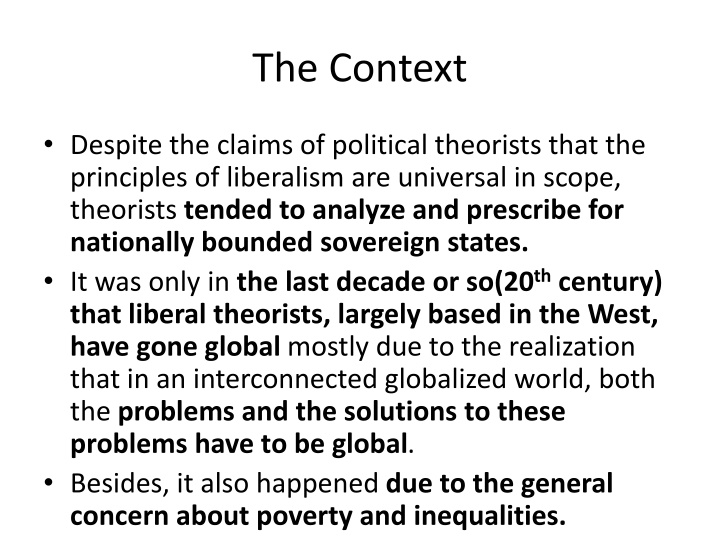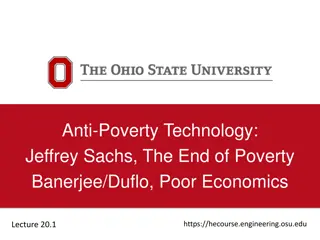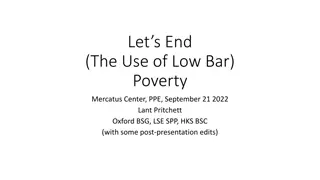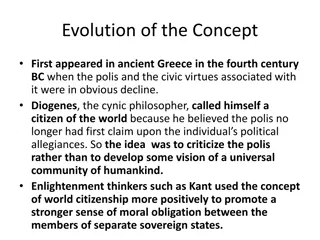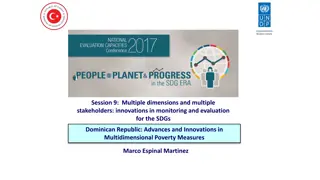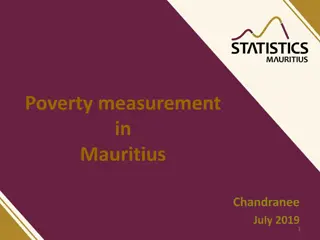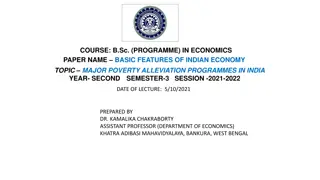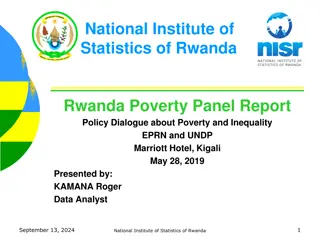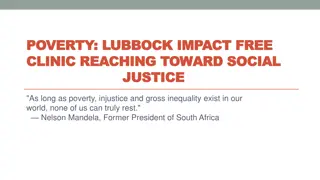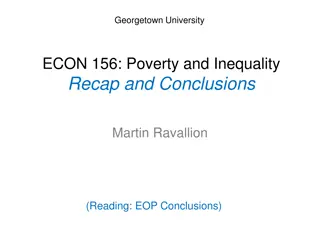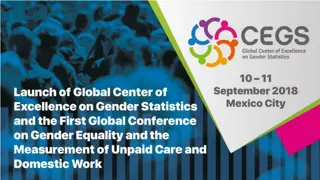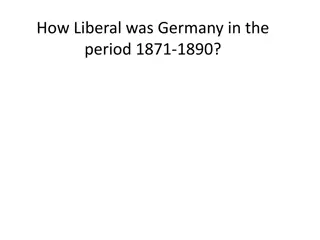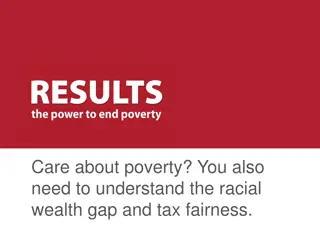Globalizing Liberalism and Addressing Poverty: Towards Cosmopolitan Justice
The shift towards global perspectives in liberal theory has brought attention to poverty and inequality on a worldwide scale. Theories of international and global justice highlight the importance of addressing disparities between countries and individuals, emphasizing the moral obligation to tackle global poverty. This shift towards cosmopolitanism underscores the need for a more inclusive and equitable approach to global issues.
Download Presentation

Please find below an Image/Link to download the presentation.
The content on the website is provided AS IS for your information and personal use only. It may not be sold, licensed, or shared on other websites without obtaining consent from the author.If you encounter any issues during the download, it is possible that the publisher has removed the file from their server.
You are allowed to download the files provided on this website for personal or commercial use, subject to the condition that they are used lawfully. All files are the property of their respective owners.
The content on the website is provided AS IS for your information and personal use only. It may not be sold, licensed, or shared on other websites without obtaining consent from the author.
E N D
Presentation Transcript
The Context Despite the claims of political theorists that the principles of liberalism are universal in scope, theorists tended to analyze and prescribe for nationally bounded sovereign states. It was only in the last decade or so(20thcentury) that liberal theorists, largely based in the West, have gone global mostly due to the realization that in an interconnected globalized world, both the problems and the solutions to these problems have to be global. Besides, it also happened due to the general concern about poverty and inequalities.
General Concern About Poverty and Inequality Poverty in the three continents of Sub-Saharan Africa, South Asia and South America. The huge inequalities between countries of the West and countries of the developing world. Art. 25 clause 1 of UDHR everyone has the right to a standard of living adequate for the health and well being of himself and his family--- In September 2000 the UN General Assembly adopted a declaration that committed governments to free the world from extreme poverty. Yet it continues and the situation worsens.
The Human Development Report 2007-08 The Human Development Report (HDR) 2007-08 estimates that one billion people live on less than US$1 per day and 2.6 billion people or 40 per cent of the world population are on the margins of survival, i.e. on less than US $ 2 per day. This segment of the global population commands less than 5 per cent of the world s income, whereas 20 per cent of the population (mainly from the affluent Western world) controls two- thirds of the global income.
Theories of International Justice and Theories of Global Justice The theories of International Justice believe that inequalities between states should be confined to permissible levels. Thus, Miller advocates that there should be transfer of some portion of their resources of the governments of richer countries to the governments of the poor countries for the scaling down of inequalities. On the other hand, Theories of Global Justice argue that it is not the state but human beings or persons that stand squarely at the centre of any theory of justice. Scholars ascribe many reasons for this.
Reasons Behind Individual Being at the Centre of Global Justice One, the individual is the prime unit of moral concern. Thomas Pogge puts it this way, every human being has a global stature as the ultimate unit of moral concern. Two, no one should suffer for reasons outside their control, or for reasons that are morally arbitrary such as gender, class, race and nationality. Three, if persons do suffer from multiple ills of the human condition for entirely avoidable reasons, ordinary citizens who live in the richer countries have obligations of justice towards the global poor. These obligations may or may not be as strong as the obligations the affluent Westerners owe their fellow citizens. However, the principle that they have duties beyond borders is incontrovertible. The world view that best sums up this perspective is cosmopolitanism.
